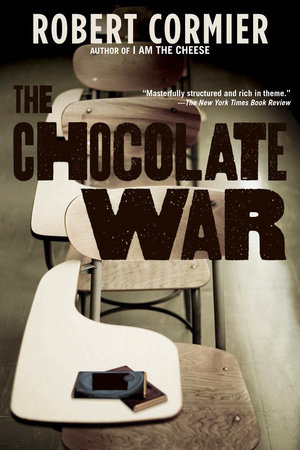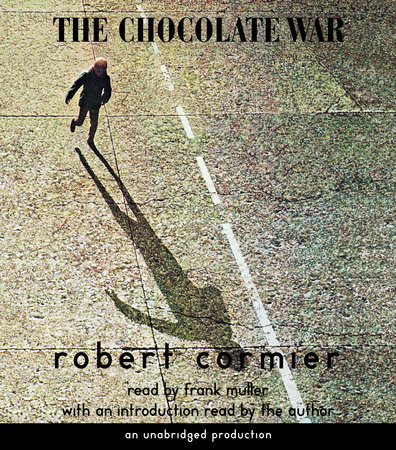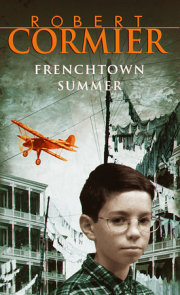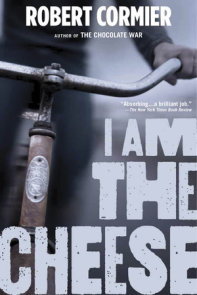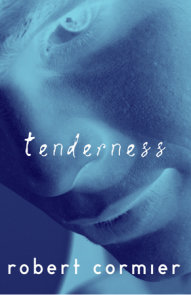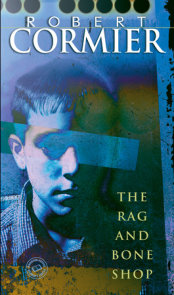

The Chocolate War
By Robert Cormier
By Robert Cormier
By Robert Cormier
By Robert Cormier
By Robert Cormier
Read by Frank Muller
By Robert Cormier
Read by Frank Muller
Part of Chocolate War
Part of Chocolate War
Part of Chocolate War
Category: Teen & Young Adult Fiction | Teen & Young Adult Social Issues | Teen & Young Adult Classics
Category: Teen & Young Adult Fiction | Teen & Young Adult Social Issues | Teen & Young Adult Classics
Category: Teen & Young Adult Fiction | Teen & Young Adult Social Issues | Teen & Young Adult Classics | Audiobooks

-
$11.99
Sep 14, 2004 | ISBN 9780375829871 | Young Adult
-
Mar 19, 2013 | ISBN 9780307834294 | Young Adult
-
Jul 13, 2004 | ISBN 9781400085347 | Young Adult
343 Minutes
Buy the Audiobook Download:
YOU MAY ALSO LIKE
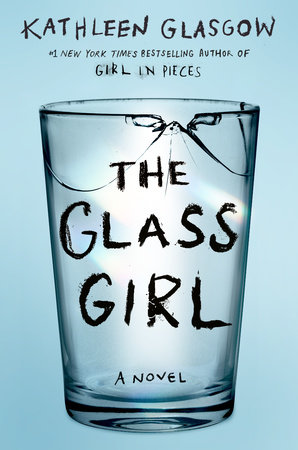
The Glass Girl
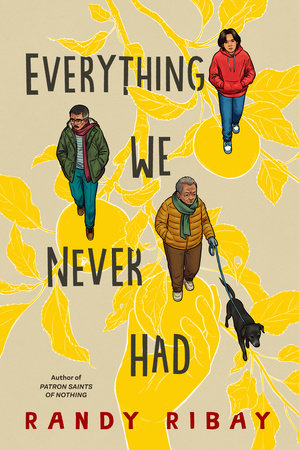
Everything We Never Had
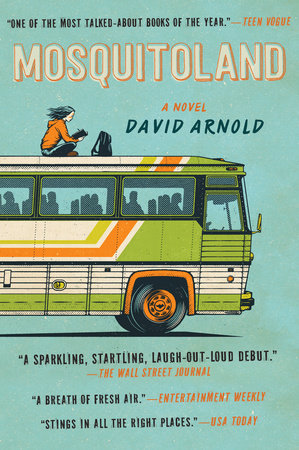
Mosquitoland
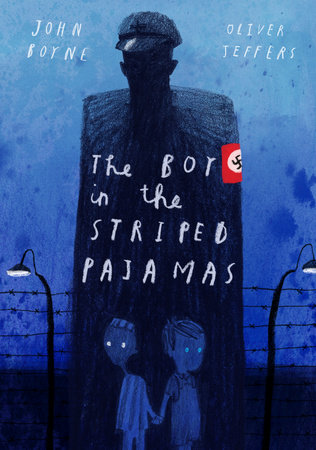
The Boy in the Striped Pajamas (Deluxe Illustrated Edition)
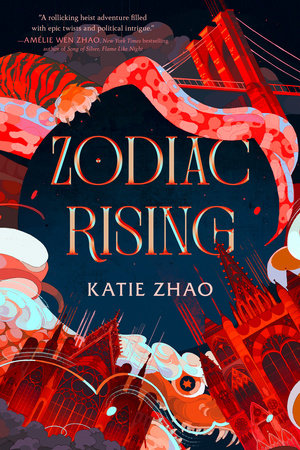
Zodiac Rising
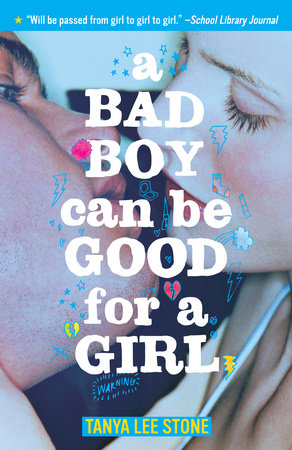
A Bad Boy Can Be Good for a Girl
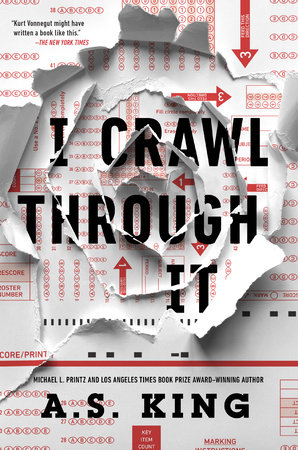
I Crawl Through It

Please Ignore Vera Dietz
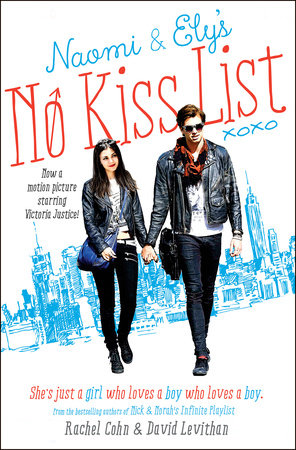
Naomi and Ely’s No Kiss List
Praise
"The Chocolate War is masterfully structured and rich in theme; the action is well crafted, well timed, suspenseful; complex ideas develop and unfold with clarity."-The New York Times Book Review
"The characterizations of all the boys are superb… This novel [is] unique in its uncompromising portrait of human cruelty and conformity."-School Library Journal, starred review
"The novel is cleverly written with a good sense of the realistic and a good ear for dialouge, qualities which will attract any reader."-Bestsellers
"Robert Cormier has written a brilliant novel."-Children’s Book Revie Service
Awards
ALA Best Books for Young Adults WINNER 1974
ALA the Best of the Best Books for Young Adults WINNER 1974
New York Times Notable Book WINNER 1974
School Library Journal Best Book of the Year WINNER 1974
21 Books You’ve Been Meaning to Read
Just for joining you’ll get personalized recommendations on your dashboard daily and features only for members.
Find Out More Join Now Sign In






